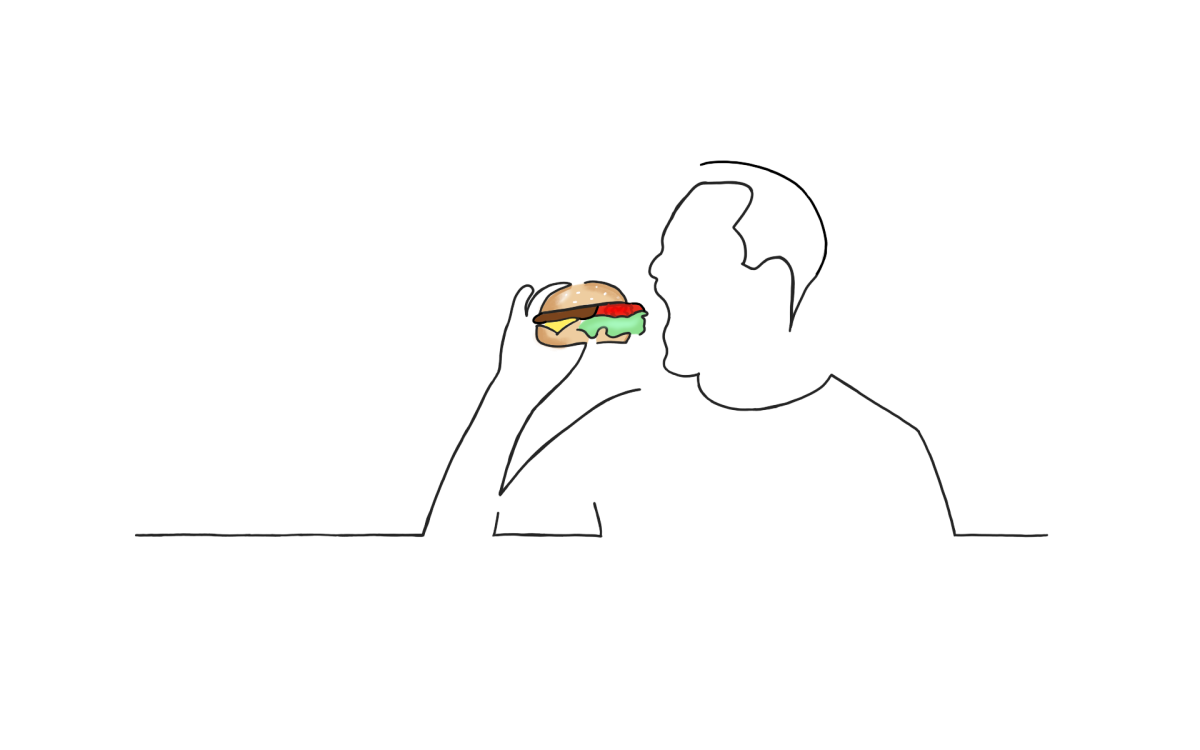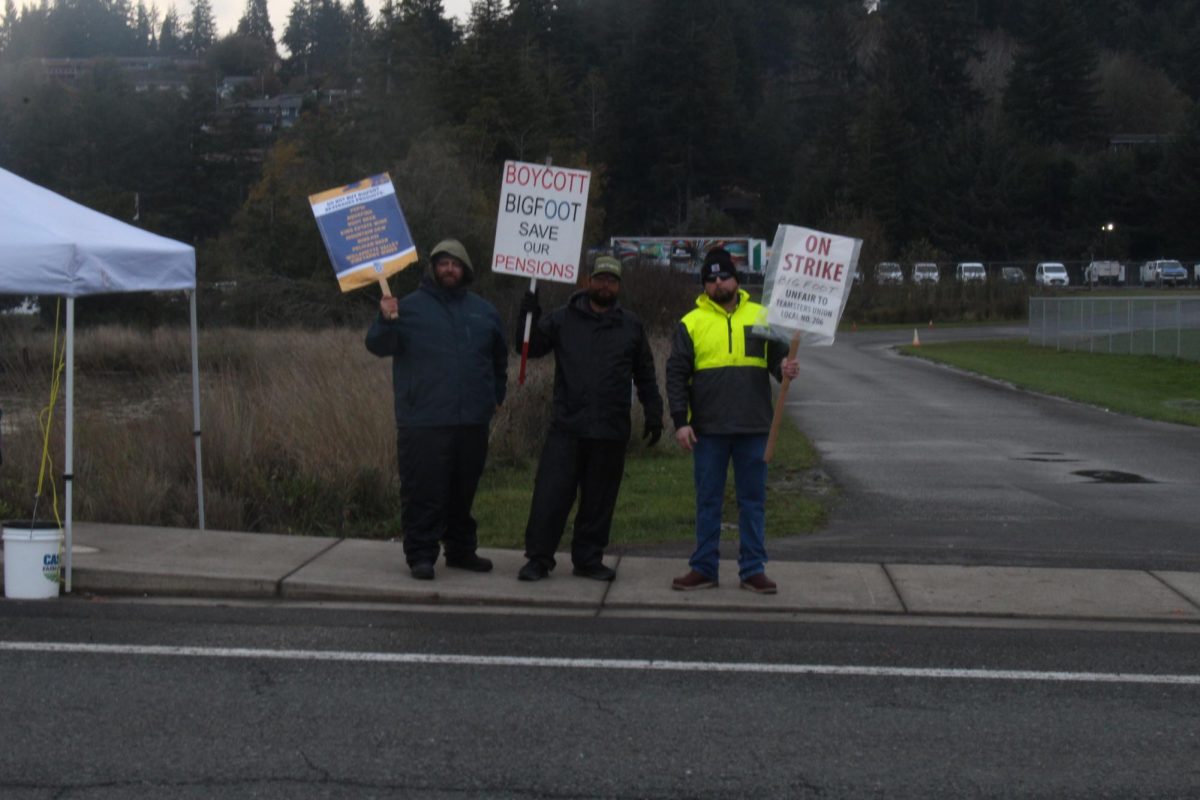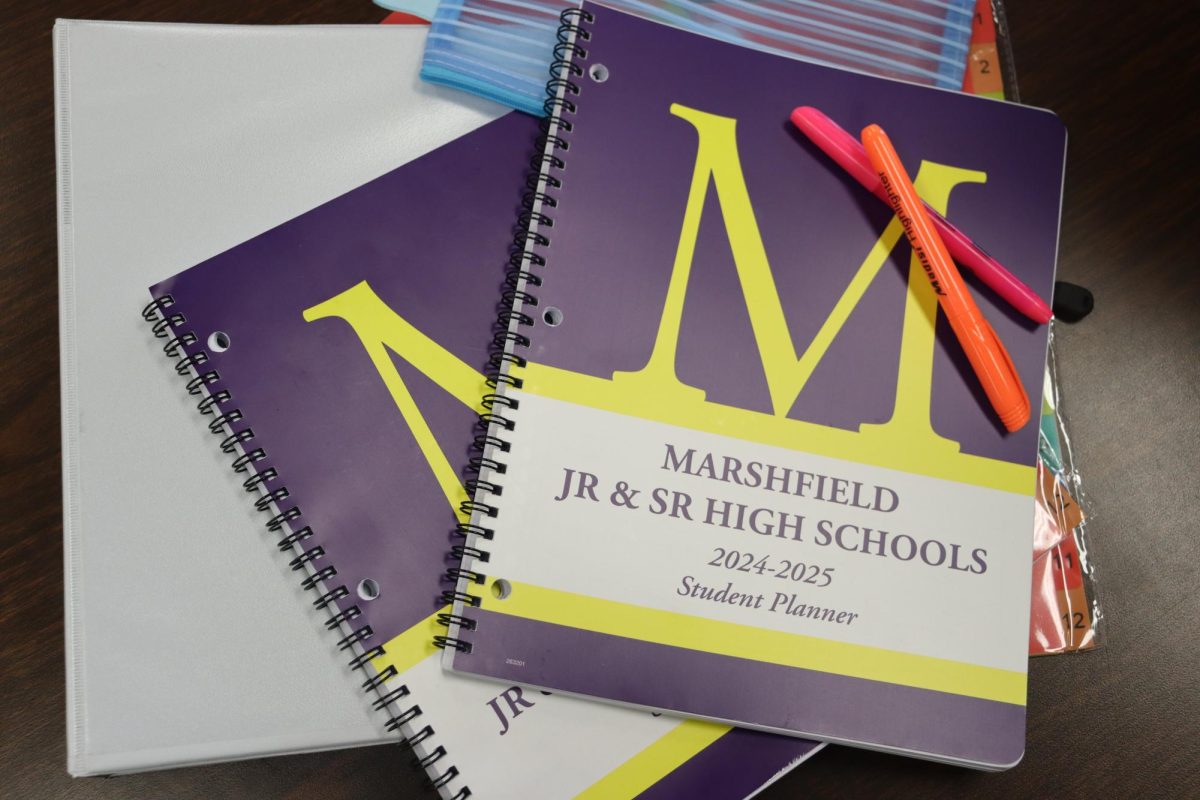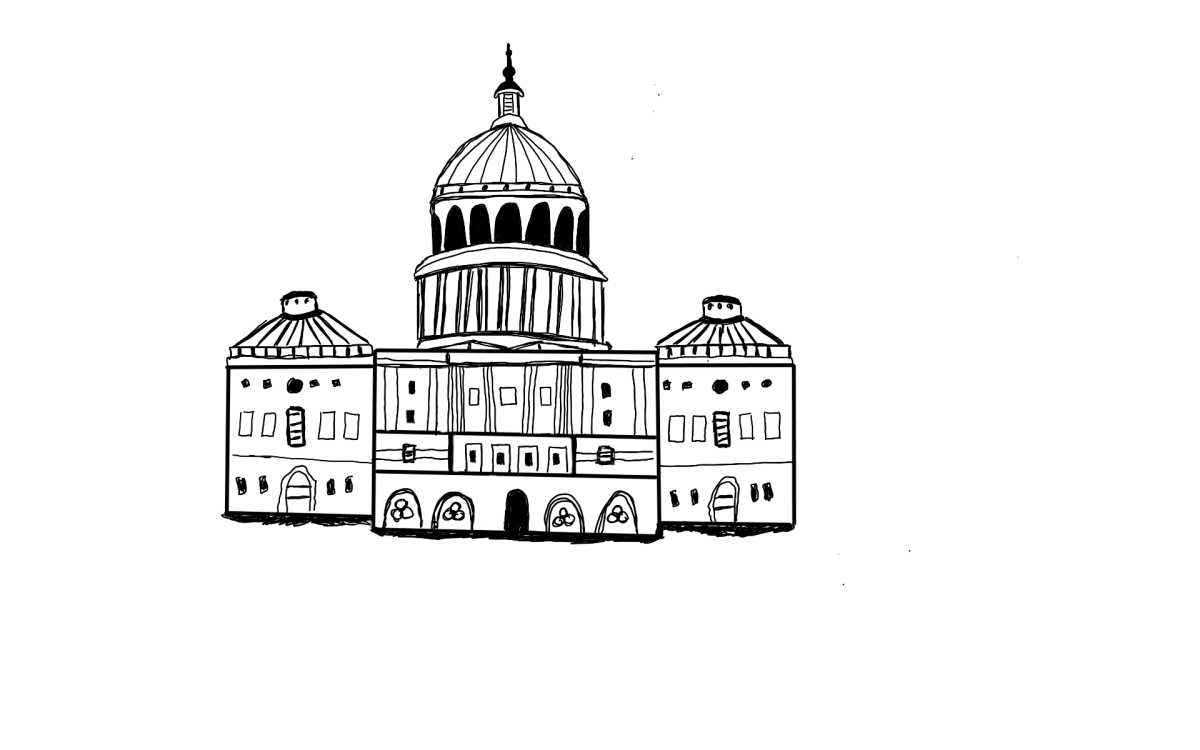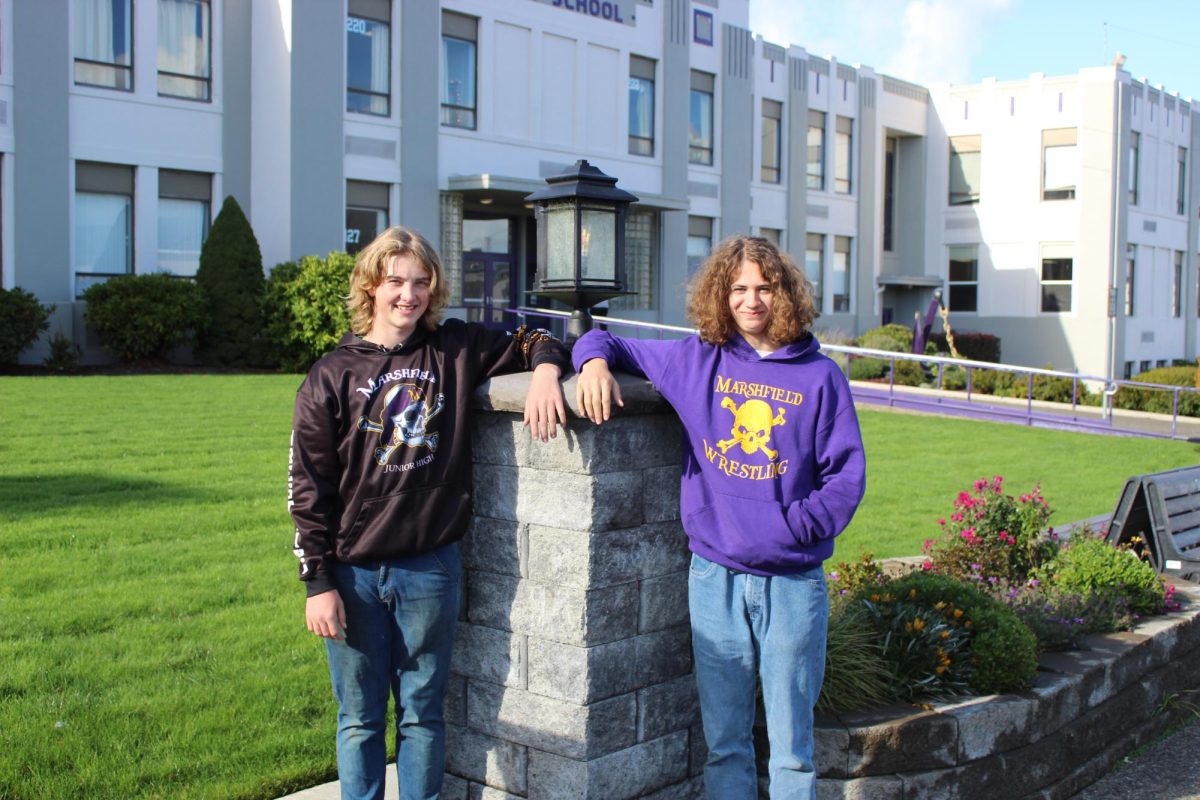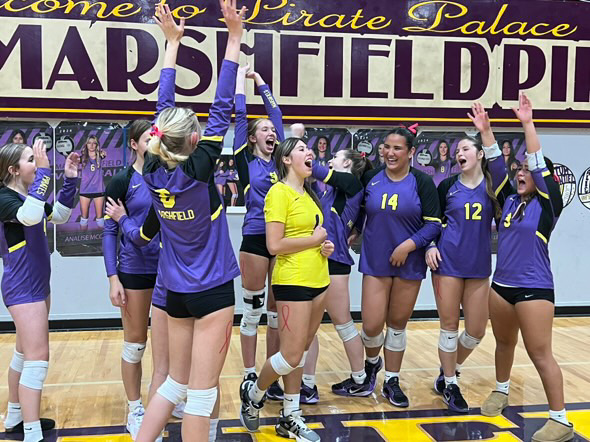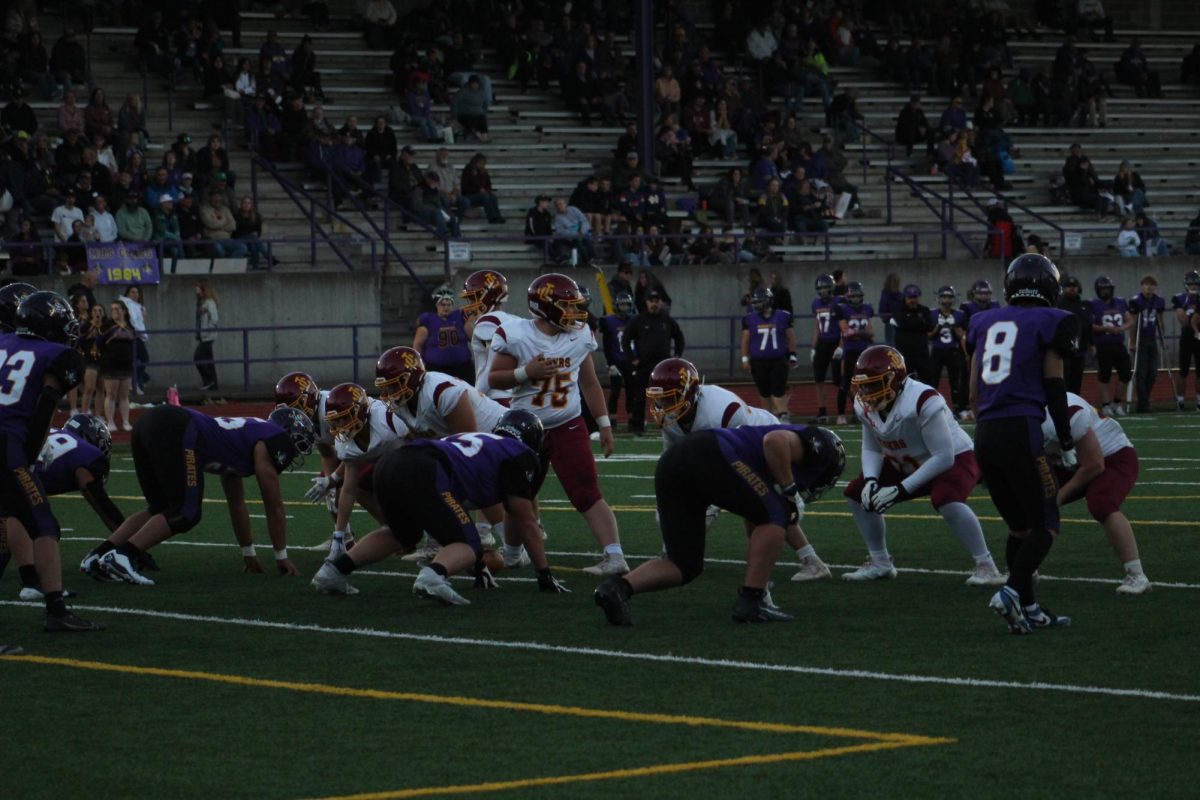The American people are in the midst of writing history.
In Jan. 2017, a new president will sit in the White House and the Democratic and Republican parties both have uncertainty regarding the candidate who will receive the nomination. In addition to frontrunners, both parties have seen a number of surprise candidates who seem to be gaining popularity with the people.
According to senior Matthew Park, Senator Bernie Sanders is among the surprise candidates. Sanders is going head-to-head with former Secretary of State Hillary Clinton in the Democratic Party and according to The New York Times, he has 386 delegates to Clinton’s 577. It is evident that Sanders has gained the youth vote. In a student poll conducted by The Marshfield Times, he has earned a leading 31 percent of the vote.
“I would currently vote for Bernie Sanders. He wants to bring in better healthcare and give better education to all,” Park said.
The Republican Party is no stranger to headline-making nominees. Donald Trump, a candidate with no political experience, is currently leading with 316 delegates. He is also leading among the Republican candidates in The Marshfield Times’ poll, with 14 percent of the vote. In addition to Trump, Ohio Governor John Kasich is still in the race for the Republican nomination.
According to senior Dominique Miller, Trump’s views may be different, but they are not the solution.
“The things Donald Trump says do not make sense. He doesn’t have a filter,” Miller said. “He cares more about money than people.”
Eighth grader Izabella Sperling said Trump’s best features are his no-nonsense attitude and honesty toward politics.
“He speaks his mind,” Sperling said. “He doesn’t care what others think.”
History teacher John Vickrey said the public’s desire for action in the government has been a reason for Trump’s success.
“Congress has been choked in inaction,” Vickrey said. “The nation wants someone who can get things done.”
According to Vickrey, Sanders offers changes in the government which reflect the changes in today’s society.
“We are long overdue for a new social contact. Sanders offers higher wages and better services,” Vickrey said. “The Affordable Care Act is a step in the right direction, but is grossly inadequate.”
Economics teacher Chad Scriven said he sees anger among the American public reflected in their political choices.
“Bernie Sanders and Donald Trump are not really Democratic and Republican candidates,” Scriven said. “They are people’s way of protesting the establishments.”
In addition to Trump, Senator Marco Rubio and Senator Ted Cruz are vying for the Republican nomination. In The Marshfield Times’ poll, 9.4 percent voted for Cruz and Rubio combined. Park said he would not be surprised to see Sanders and Trump win their party’s nomination and face off further down the road.
“Knowing the corporate influence in this country, Trump will probably win,” Park said.
Though the race is heating up, Vickrey said it is far too early in the race to tell who will win.
Park, who will be 18 when the election occurs, plans to vote.
“Of course I will vote,” Park said. “Only one third of Americans vote. Two thirds don’t vote because they think they already lost.”
Likewise, in The Marshfield Times’ poll, 29 percent of students said they would not vote for any of the candidates.
According to Vickrey, the fate of the nation rests in the hands of this election.
“We need a broader discussion about a new social contract,” Vickrey said. “We have a right to basic services like education, medical care and the ability to move up the economic ladder.


